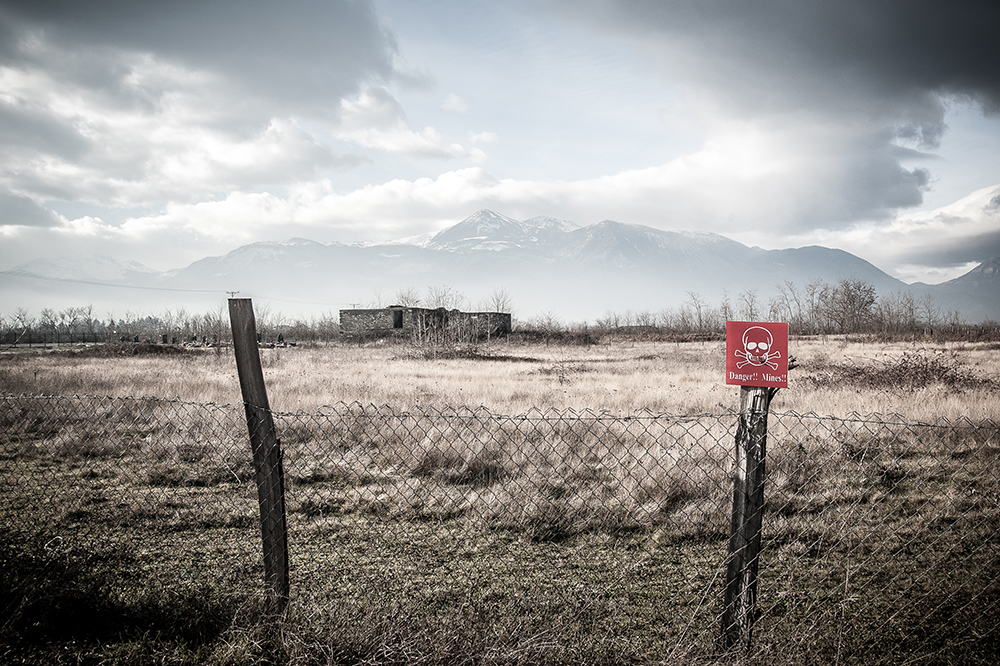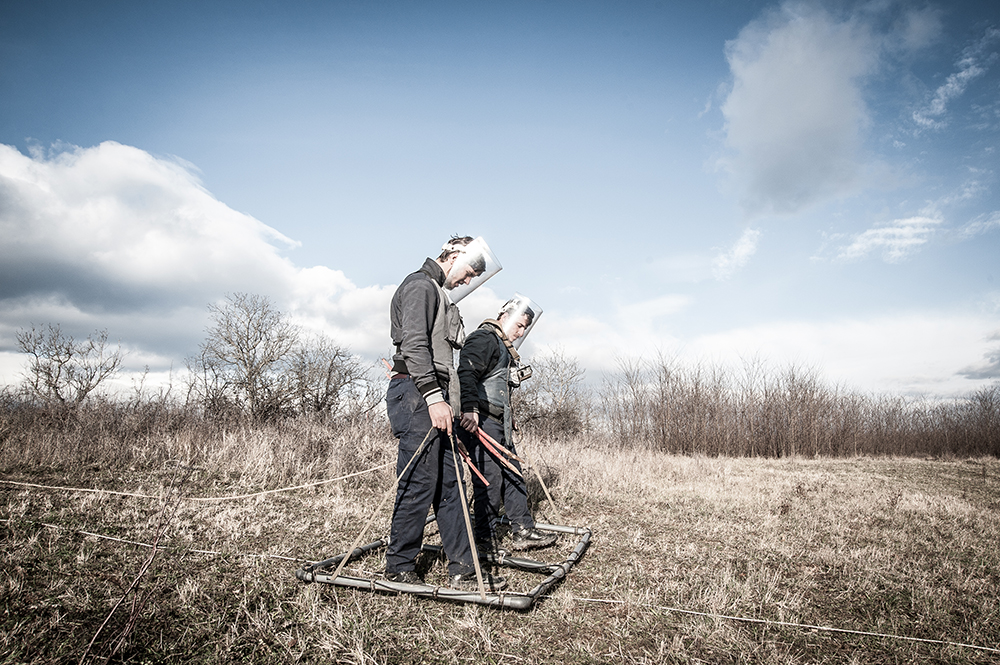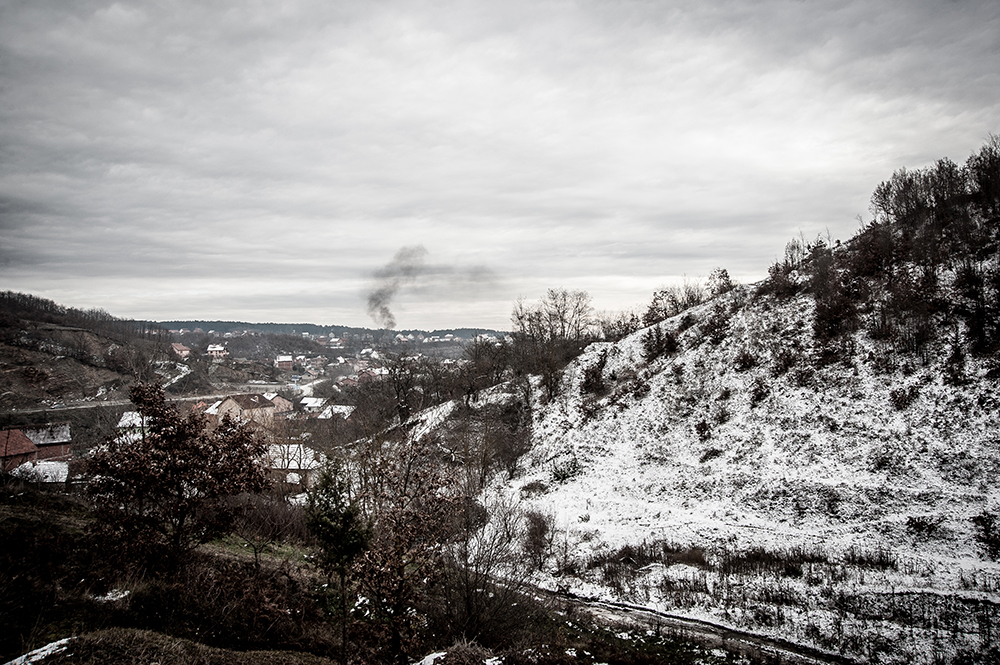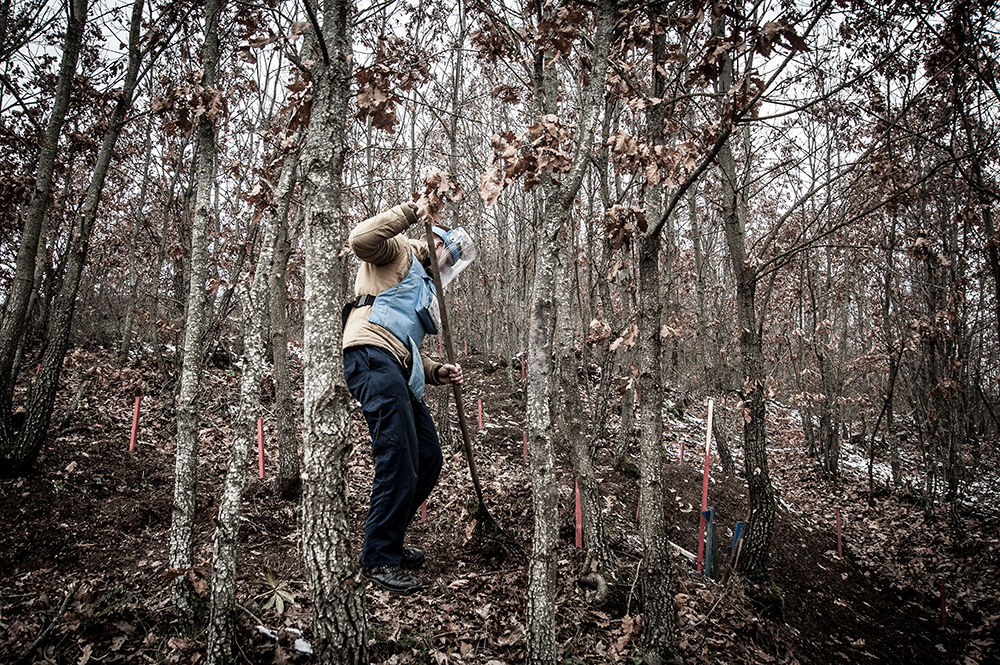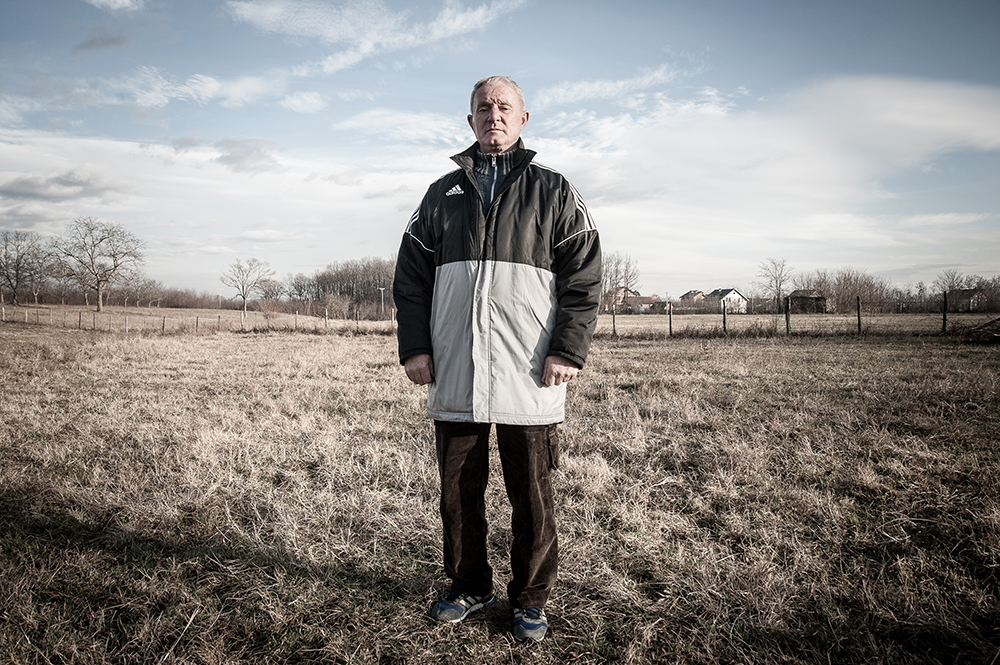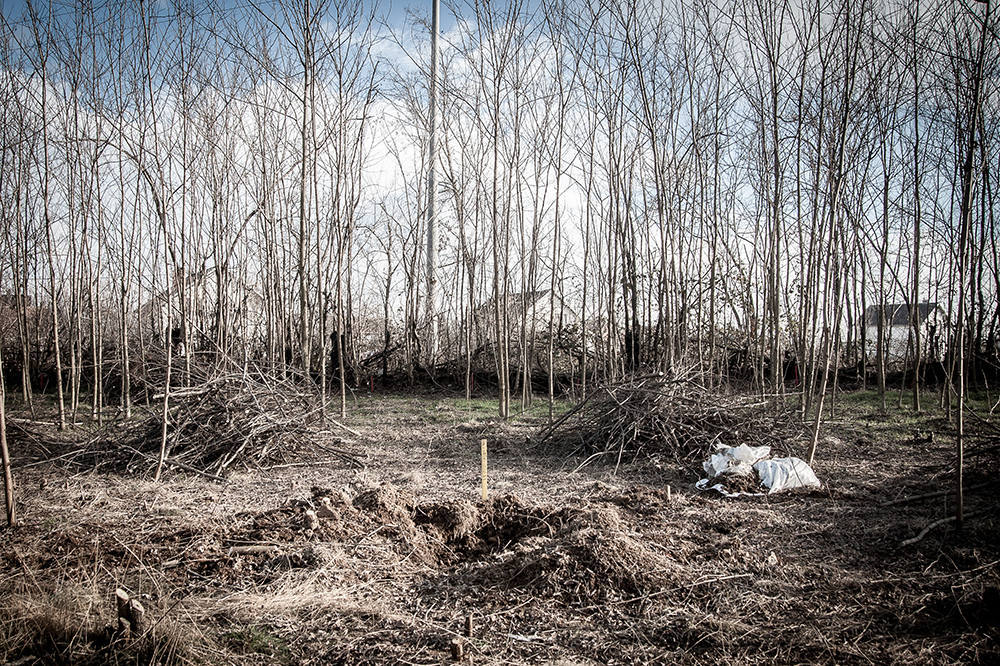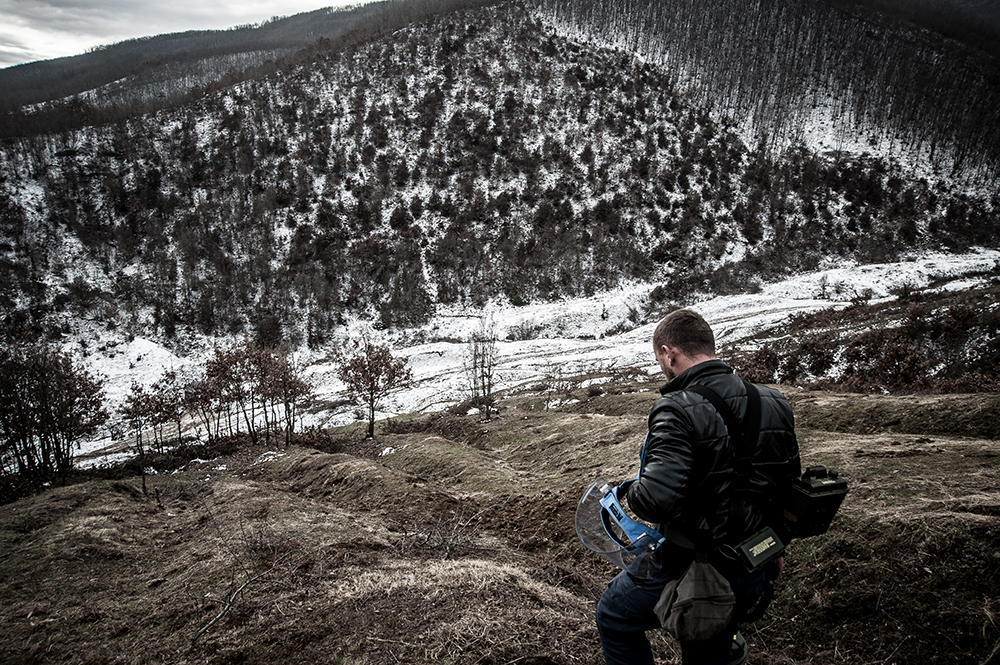What war leaves behind
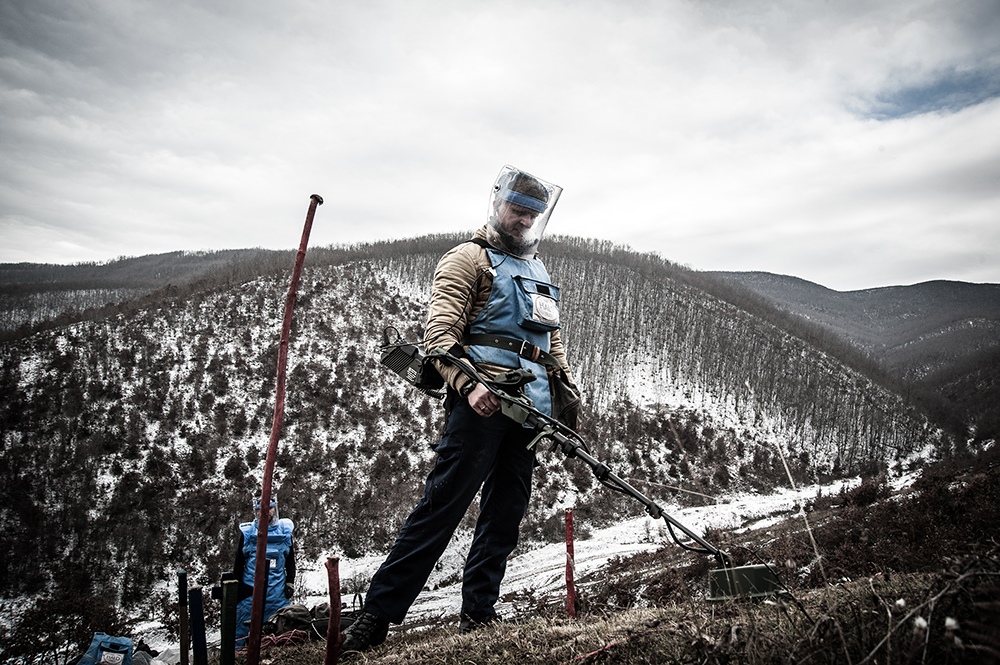
-
PhotographerEmanuele Amighetti
“Mine. Danger." This is the writing on the sign at the entrance of the Adam’s property. Two hectares of land next to the village of Kryshec, Western Kosovo, cultivated up to 17 years ago in peppers, tomatoes, corn and wheat. Then the clashes between the Yugoslav forces and the Kosovo Liberation Army, through the NATO intervention in 1999 and finally raids and bombing which have put the end to the scenario of a maddening inter-ethnic conflict. In 78 days of operations, NATO dropped 1,392 bombs containing 295.700 sub-munitions on the country. With a failure rate estimated at 20%, thousands of these landmines remained unexploded in the ground, with dramatic consequences even today on the civilians’ life as well as on the socio-economic condition of the rural population. The contaminated area consists of 1.000 hectares. In 2001 the United Nations declared Kosovo "mine free†and the 18 de-mining agencies operating on the ground were ordered to leave the country. Over the years, however, dozens of people died because of the unexploded landmines, a sign pointing out that the reality was different than as described. In addition to this, hundreds of families still find themselves unable to use their land - often the only source of income for them - due to the presence of numerous unexploded items. The non-use of the lands turns itself into an economic and social impediment of vast proportions, especially considering the fact that agriculture accounts for almost a third of the economy and unemployment in some areas is still at 70%. Adam was forced to stop farming because he was afraid of the unexploded landmines buried in the soil. These 17 years of inactivity caused him a loss of about 40 thousand euros. In 2008, when a serious accident occurred in the Pristina region, the UN revised its position and allowed the de-mining agencies to return operating there. They are cleaning up the woods indispensable for timber collection in a country with an high concentration of wood-burning stoves. The population of Balince, a rural village in Central Kosovo, has remained extremely poor despite the war ended and continues to live of collection and sale of the timber harvest in the woods surrounding the village. For years, they have collected the timber in a mined forest without being aware of the risk. The long decontamination operations started in August and five unexploded landmines were found and deactivated. Now, the goal is to return to the Kosovo’s rural population a clean and decontaminated land within 7-10 years.
